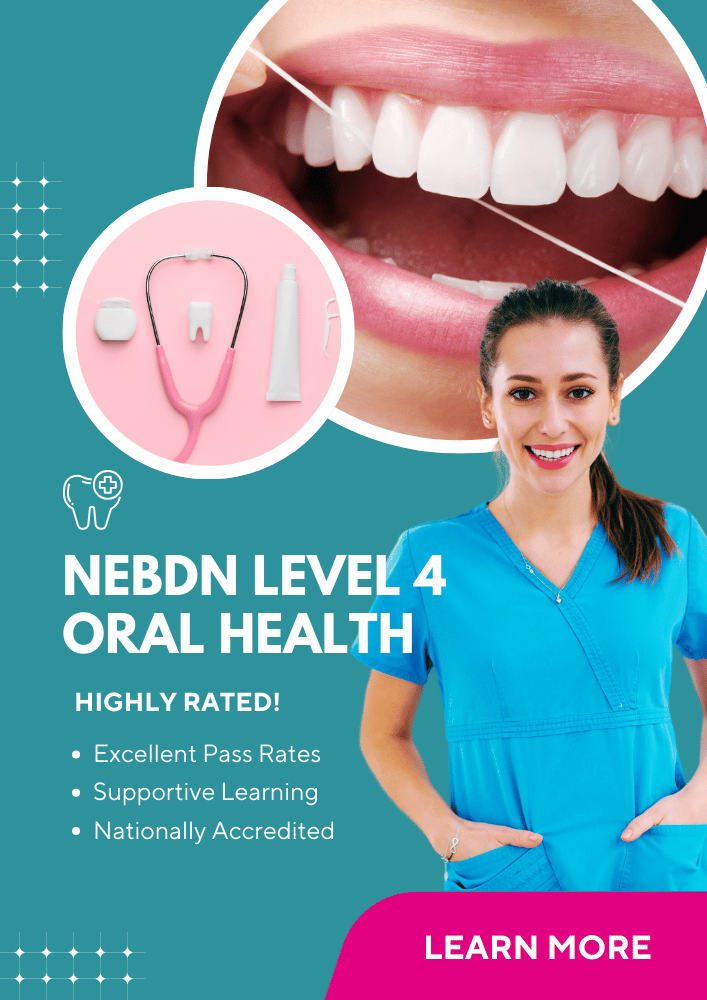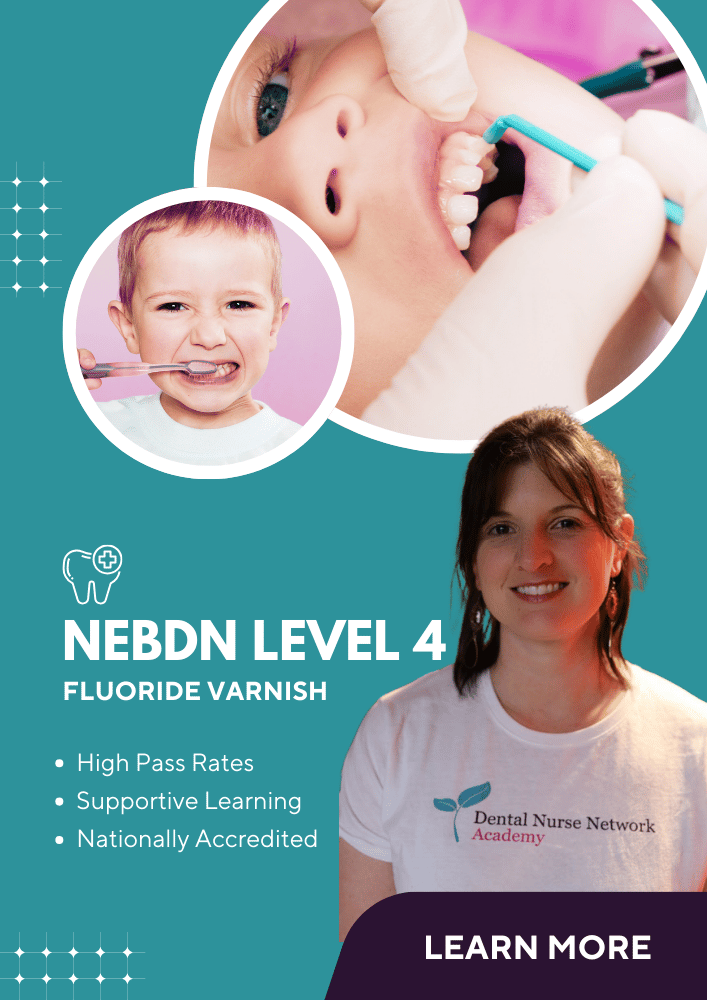 For two years we'd all been on tenter hooks, waiting for that phone call - you know the one that announced the imminent arrival of our CQC inspector!
For two years we'd all been on tenter hooks, waiting for that phone call - you know the one that announced the imminent arrival of our CQC inspector!
When it finally came, we actually had quite a bit of notice. They wanted to come within the next three weeks and they would be looking at the following outcomes:
We were told that we needed to make ready a list of patients (10 per dentist) who could be contacted following the visit.
We, as nurses, were ready. We'd been having weekly training sessions for the last two years, run by me as the training manager. We had regularly discussed mental capacity issues, safeguarding, changes and updates in infection control and dealing with complaints.
Everyone knew their stuff, and the systems we had in place worked fluently. If we weren't doing something, we had documented reasons why we weren't doing it. Our practice manager uses CODE ADP which is brilliant for ensuring all your policies and procedures are correct, and which also has guidance on completing all the necessary audits.
So the day of the inspection arrived. We were expecting Pat at 10am, but it seemed as if all the gremlins had come out to play! Computer hardware problems meant we had to revert back to paper based notes. A Hygienist had to be moved to a surgery that wasn't designed for hygiene use - it was all go with contingency plans. Then, at the last minute, problems were resolved and we were back on track. It had all been possible because we worked together, supporting each other.
The inspection itself went relatively smoothly. Pat was from a mental health background having worked as a mental health nurse for many years. She wasted no time getting stuck into documentation. We nurses were left undisturbed for hours our Practice Manager, Michael, was locked in the office with Pat while they picked through personnel records, CPD records, training logs, disciplinary records, infection control procedures, audits and emergency drugs. She wished to see evidence of how we assessed someone's capacity. In our case she chose to focus on a 12 year-old autistic boy whom I had personally seen for oral health education sessions.
Pat eventually escaped from the office to commence a walk around the practice and began talking with Fiona who was decon nurse for that day. She asked how are instruments processed - we use manual scrubbing protocols; how we make ready a clean area for wrapping as we do not have a dedicated decon room; and about autoclave testing, logging and what happens if a cycle fails. Pat inspected only one surgery, where she checked the dates on all instrument packaging.
To complete the inspection Pat carried out an employee interview and I was the nominated member....
I was asked several questions:![]() By what means we ensure that each patient is given the right to make an informed choice about their treatment.
By what means we ensure that each patient is given the right to make an informed choice about their treatment.
In our case we have two treatment coordinators, which is just a faultless system with this outcome.
![]() Safeguarding - how would I know what to do if I had a concern?
Safeguarding - how would I know what to do if I had a concern?
We have implemented a safeguarding wall where all the flow charts about courses of actions and all our local numbers can be located.
![]() What was my interpretation of the mental capacity act?
What was my interpretation of the mental capacity act?
Just simply that everyone, regardless of age or disability, is considered to have the capacity unless otherwise proven.
Pat then went on to question how my treatment of an autistic child was altered.
I was then given a variety of scenarios - some which fall in RIDDOR others into medical emergencies and had to explain the full procedure for assessing an unconscious casualty from primary survey through to administering CPR!
The inspection took a total of five hours! Pat left us, but still had to phone a selection of patient from the list we had provided for her. On completion of that task she would have to write a report, while we would receive a report that simply told us whether we were compliant or non-compliant.
Looking back, we spent the whole day dreading making eye contact with Pat, because we just did not know what to expect. The reality was not that bad! So, if you are inspected, remember that if what you do on the day is what you do all the time it will be apparent because its fluent. You do not need to know policies and procedures word for word, you simply need to know where to find them or who to ask should there be an issue. BUT! You do all need to be trained. The inspectors take a great deal of interest in how much time is invested in the team as a whole including hygienists and therapists, and that all training is documented.
Our next inspection is in two years, and we've already been given the outcomes that they'll be concentrating on. That doesn't mean that we can ease up on the others - they will check to ensure we've maintained consistency.



